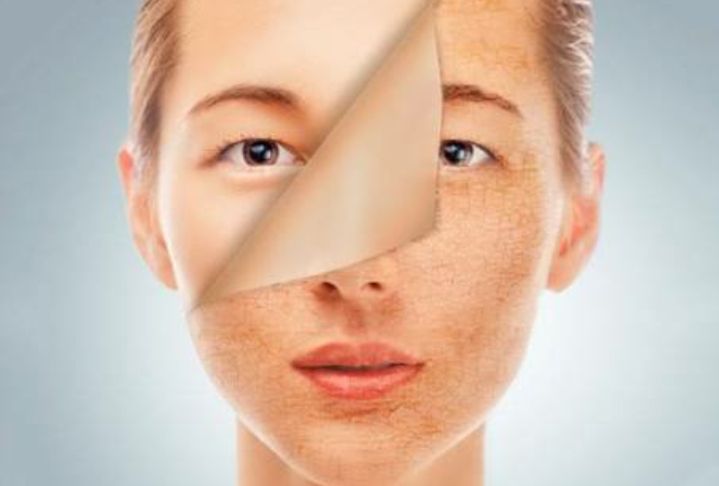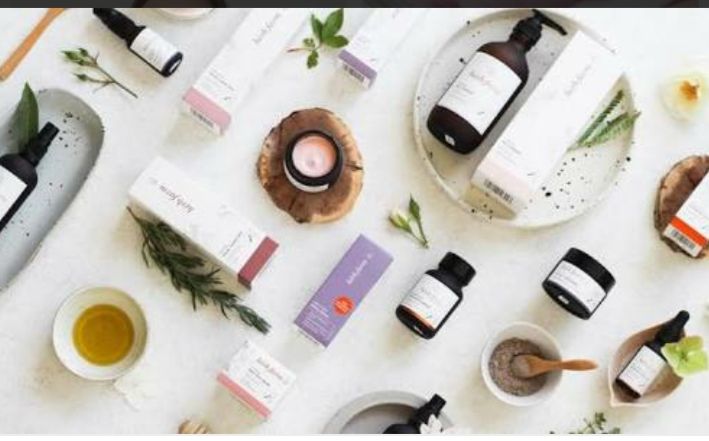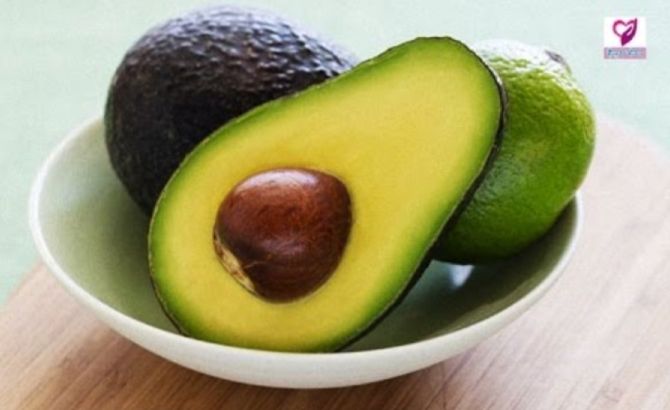Skin And Beauty
Apr 19, 2019 • 34 views
Skin-
Skin is one of the largest organs of the body and at the same time sensitive too. Because of this, caring for your skin can directly affect your overall health. Your skin acts as a protective shield and is most unsafe to outside elements. It’s affected by more factors than you may think of.
The following can play a role in your overall skin health:
• exposure to UV radiation in tanning beds
• exposure to chemical toxins in tobacco
• unprotected sun exposure for long periods of time
• not getting enough rest, fluids, or nutrition
• aging

Taking care of your skin
There are steps you can take to ensure you have healthy skin.
• Cleanse regularly, typically twice daily.
• Apply a toner after cleansing if you have oily skin.
• Apply a moisturizer if you have dry skin.
• Exfoliate to remove dead skin cells and brighten up your complexion.
Besides a daily skin care routine, make a habit to examine your own skin for abnormalities, discolorations, or any other changes on a regular basis. Have your skin examined by a doctor or dermatologist annually for any changes-
• you have fair skin or many or large moles
• you are in the sun or use tanning beds
• you have a history of skin problems, irritations, or growths.

What to keep in mind-
It’s also important to protect your skin from too much sun and sun damage, which may increase wrinkles as well as lead to skin cancer. Cover your skin or use sunscreen to protect your skin from the damaging rays of the sun. See your doctor or dermatologist if any skin irritations or problems arise.

Beauty-
Understanding skin care products
There are many products out that are presented as a surefire way to turn back the clock, permanently melt away cellulite, reduce wrinkles, and more. Pay attention and do your research to decide whether a product is really necessary for the health of your skin or if it’s potentially harmful or does it have a side effect. Ask your doctor for advice, too.
The U.S. Food and Drug Administration (FDA) regulates many products. It must regulate products that change a person’s physical structure or biochemical processes within the body.

Products that are classified as cosmetics are not regulated. Examples of these are:
• moisturizers
• hair coloring
• toothpaste
• deodorant
• vitamins
• herbals
• enzymes

Nutrition has a important role-
Nutrition is important for health. An unhealthy diet can damage your metabolism, cause weight gain and can hurt your organs, such as your heart and liver.
But what you eat also impacts another organ — your skin.
Foods which keeps your skin healthy-
1.Fatty fish
Fatty types of fish, such as salmon, contain omega-3 fatty acids that can reduce inflammation and keep skin moisturized. They’re also a good source of high-quality protein, vitamin E and zinc.

2.Avocades
Avocados are high in beneficial fats and contain vitamins E and C, which are important for healthy skin. They also pack compounds that may protect your skin from sun damage.

3.Walnut
Walnuts are a good source of essential fats, zinc, vitamin E, vitamin C, selenium and protein — all of which are nutrients your skin needs to stay healthy.

4.Sweet potatoes
Sweet potatoes are an excellent source of beta-carotene, which acts as a natural sunblock and may protect your skin from sun damage.

5.Broccoli
Broccoli is a good source of vitamins, minerals and carotenoids that are important for skin health. It also contains sulforaphane, which may help prevent skin cancer and protect your skin from sunburn.

6.Tomatoes
Tomatoes are a good source of vitamin C and all of the major carotenoids, especially lycopene. These carotenoids protect your skin from sun damage and may help prevent wrinkling.

